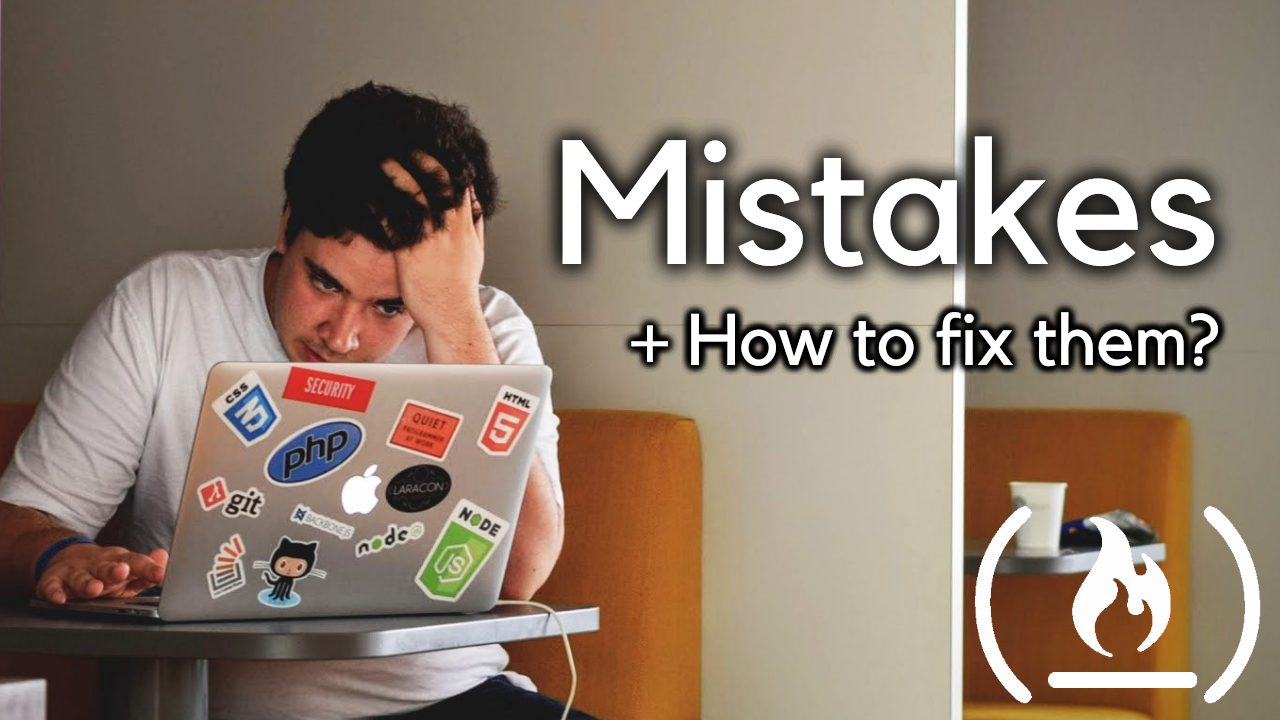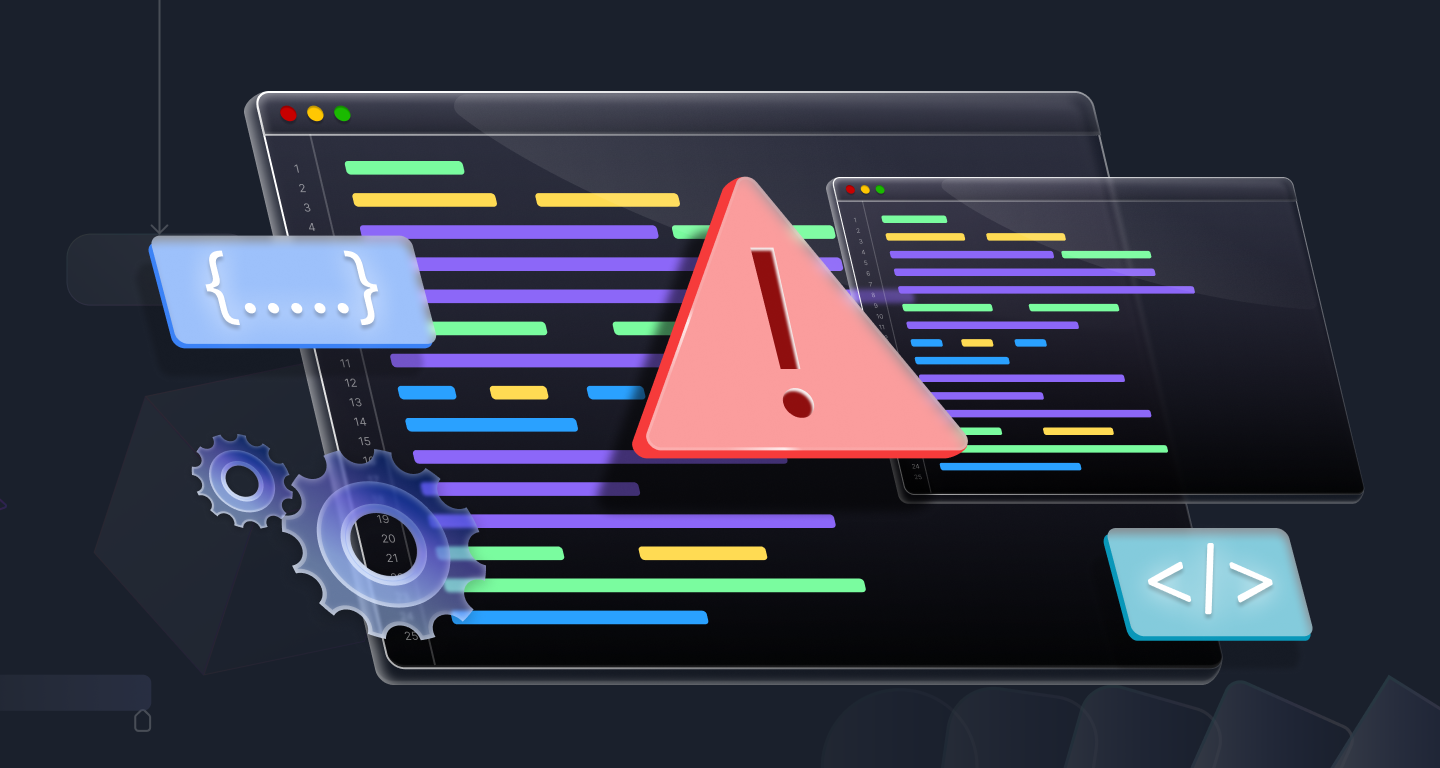
# The Most Common Programming Mistakes and How to Avoid Them

Introduction
- Programming is a complex task that requires attention to detail. Even experienced programmers can make mistakes. This blog post will highlight the most common programming mistakes and provide tips on how to avoid them.
1. Not Understanding the Problem
- Before you start coding, make sure you fully understand the problem you’re trying to solve. Misunderstanding the problem can lead to incorrect solutions. Always take the time to read the problem statement thoroughly and don’t hesitate to ask for clarification if something is unclear.
2. Ignoring Error Messages
- Error messages are there to help you. Don’t ignore them. Take the time to understand what they’re telling you. They can provide valuable insights into what’s going wrong with your code. Use them to guide your debugging process.
3. Not Using Version Control
- Version control systems like Git can save you from a lot of headaches. They allow you to track changes, revert to previous versions, and collaborate with others. If you’re not already using version control, start now. It’s never too late to start good habits.
4. Not Testing Your Code
- Testing is a crucial part of programming. It helps you catch bugs early and ensures your code works as expected. Make sure to write tests for your code and run them regularly. Remember, the goal is to find bugs before your users do.
5. Not Commenting Your Code
Comments can help you and others understand your code. They can explain why certain decisions were made and make it easier to debug and maintain. However, avoid unnecessary comments that state the obvious. Good code should be self-explanatory.
6. Writing Overly Complex Code
- Simplicity is key in programming. Overly complex code can be hard to understand, debug, and maintain. Always strive for simplicity. Use clear and concise code that is easy to read and understand.
7. Not Keeping Up With New Technologies
- The tech industry is always evolving. New languages, frameworks, and tools are constantly being released. Make sure to keep learning and stay up-to-date with the latest technologies.
8. Not Taking Breaks
- Programming can be intense. Make sure to take regular breaks to avoid burnout. A short break can help clear your mind and improve your productivity.
Conclusion

- Steering clear of these prevalent programming pitfalls can significantly enhance your coding skills. It’s important to remember that making mistakes is an integral part of the learning process. The true measure of progress lies not in the avoidance of mistakes, but in the ability to learn and grow from them, continually striving for improvement.

